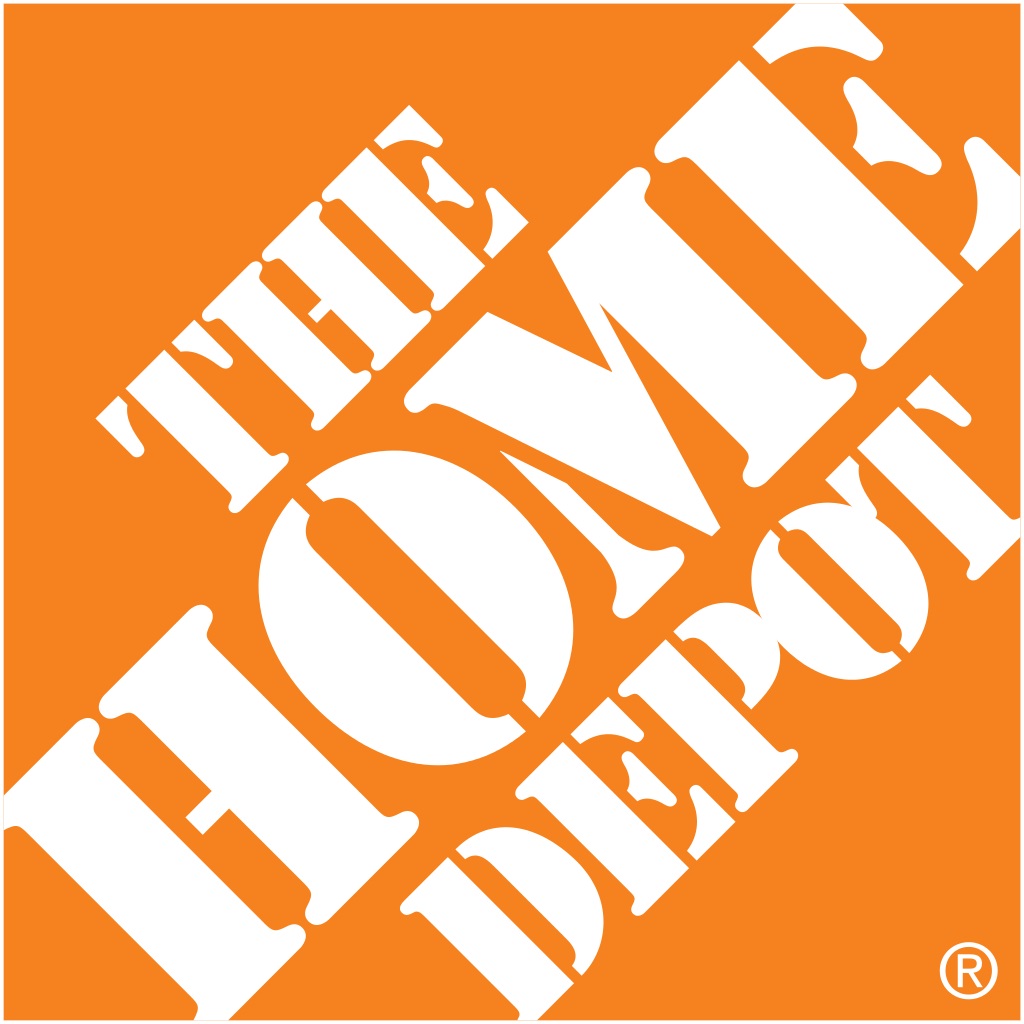
The Dow Jones industrial average was down over 1,100 points last week and may be in for another sell-off if a modest trade war due to U.S. tariffs on foreign goods turns into a larger one. Investors are also concerned about increases in interest rates as the Federal Reserve appears ready to tick rates higher several times this year. A few large company stocks are close to immune from trade friction and most of the effects of modestly higher interest rates.
These five stocks fall into these categories.
T-Mobile
Virtually all this carrier’s business is inside the United States. T-Mobile US Corp. (NASDAQ: TMUS) is the fastest-growing carrier in America, by far. It has a subscriber base of 73 million. Its aggressive pricing has allowed it to take market share from Sprint, Verizon and AT&T. Part of the stock’s stability is the majority ownership of German telecom giant Deutsche Telekom which has shown no interest in divesting any of its position. T-Mobile’s revenue rose 8.3% last year to $40.6 billion. The company added a net 5.7 million customers last year. Its grades for network quality have risen recently.
Microsoft
Microsoft Corp. (NASDAQ: MSFT) is close to being immune from the problems that have driven Facebook’s (NASDAQ: FB) shares down. While Alphabet Inc. (NASDAQ: GOOGL) may, like Facebook, have been a conduit for information that influenced the national election and tapped into user data, Microsoft major businesses do not have technology that can be similarly exploited. Microsoft has become among the three or four leaders in cloud computing, which many consider as part of the core of global technology for the next several years. It continues to maintain substantial positions in software used by both businesses and individuals. As a software company, it is probably less vulnerable to tariffs than U.S. companies that make or sell physical products.
Amazon
Amazon.com Inc. (NASDAQ: AMZN) is another huge tech company that does not have much exposure to either tariffs or interest rates. While it does have an international e-commerce business, it is hard to see how it would be affected by trade friction. Its revenue rose 38% in the most recent quarter to $61 billion. Amazon Web Services is the world’s largest cloud computing operation. Amazon also has huge footholds in the streaming media, consumer electronics and grocery markets. It has outperformed the market in the recent sell-off, a sign it is considered a safe haven.
Home Depot
Another company that has almost all of its revenue in the United States and should be little affected by tariffs and interest rates is Home Depot Inc. (NYSE: HD). Its health is tied more to the real estate market than anything else. At this point, that market is strong in the United States, based on housing starts and home sales, both new and existing. Housing could be hit by higher interest rates. However, that is more likely to happen if the Fed raises rates later in the year. Mortgage rates, while not at their historic lows, are close to rock bottom. Home Depot also has a yield of 2.4%.
Costco
While any tariffs on any goods that are manufactured outside the United States could drive prices higher, the current battles are not focused on consumer goods. Of course, that could change. And higher interest rates could dampen consumer spending, most probably much later this year, if at all. Many retail experts consider Costco Wholesale Corp. (NASDAQ: COST) the best run of the large national retailers. Its membership subscription fees give it a steady stream of revenue other retailers do not have. Unlike most huge retailers, Costco is still growing. Its revenue for the most recent 12-week period was up from $29.1 billion in the period a year ago to $32.3 billion this year. Net income rose from $521 million to $713 million. Its comparable store sales continue to rise rapidly. And the company has a 1% yield.
100 Million Americans Are Missing This Crucial Retirement Tool
The thought of burdening your family with a financial disaster is most Americans’ nightmare. However, recent studies show that over 100 million Americans still don’t have proper life insurance in the event they pass away.
Life insurance can bring peace of mind – ensuring your loved ones are safeguarded against unforeseen expenses and debts. With premiums often lower than expected and a variety of plans tailored to different life stages and health conditions, securing a policy is more accessible than ever.
A quick, no-obligation quote can provide valuable insight into what’s available and what might best suit your family’s needs. Life insurance is a simple step you can take today to help secure peace of mind for your loved ones tomorrow.
Click here to learn how to get a quote in just a few minutes.
Thank you for reading! Have some feedback for us?
Contact the 24/7 Wall St. editorial team.





